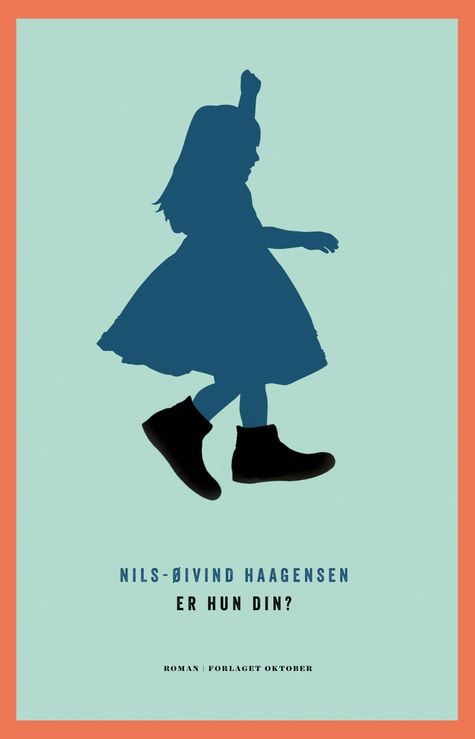“A seductive novel on life and literature. Nils-Øivind Haagensen writes about longing, love and literature in his new novel. He succeeds … The novel stands out as both down to earth and dreamy, realistic and longing”
NRK, P2
“The portrait of the male main character’s childlessness wins in depth through the hints that his grief and longing might develop in a troubling direction … a sharp and balanced observer of today’s social reality. Contrary to writers who, following Flaubert, aim to expose human folly, Haagensen also has a keen eye for our appealing qualities: The warmth, the spontaneity, the joy of finding each other through conversation”
Morgenbladet
“You rarely get away from the very intimate in Nils-Øivind Haagensen’s writing. The room you’re in, the relationships you’re part of. The characters seem so ordinary, no matter how eccentric they really are … In Are’s head, the summer house is like “a stamp on a letter written in grass and sand and water”
Klassekampen
“The child’s wondering gaze flattens the hierarchy that the adult gaze always puts on thing, feelings, relationships and the body. The meeting between the adult man and the little girl comes across as fresh, genuine and touching … But one of several twists in the novel occurs when we understand why Are has lost his direction and has come to a halt … Is She Yours? Takes great chances with its sudden stylistic shifts, and the result is a novel which both moves and makes the reader uneasy.”
Vårt Land
“A merciless and considerate encircling of sorrow and aborted fatherly love … I am also left with more than enough to reflect on – and with an deep emotional and thoughtful resonance which doesn’t go away”
Stavanger Aftenblad
“Haagensen sows doubt about what things are important in our lives. Children and family or self-fulfillment? He puts the dominant wisdom of our times up for debate in a simple, tender and poetic novel”
Aftenposten, Books of the Year, 2016
“A beautiful book on how a friendship between a child and an adult can be an existential life-vest. At the same time he describes how a child’s openness and lack of ‘adult knowledge’ can contain insights that adults cannot grasp”
Dagbladet, Books of the Year, 2016

